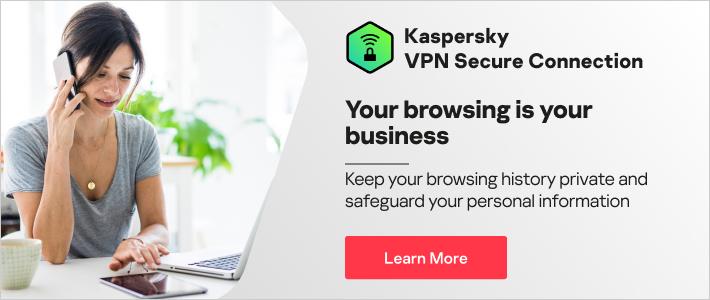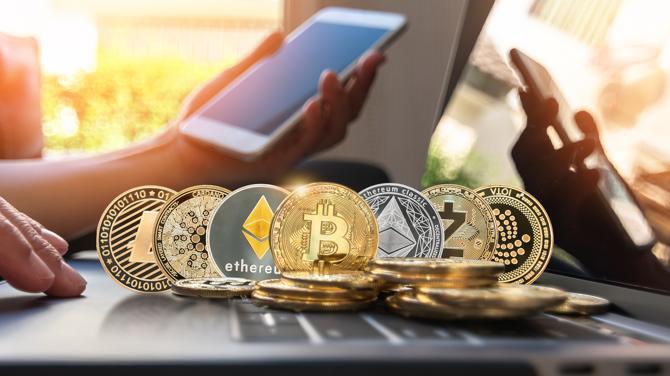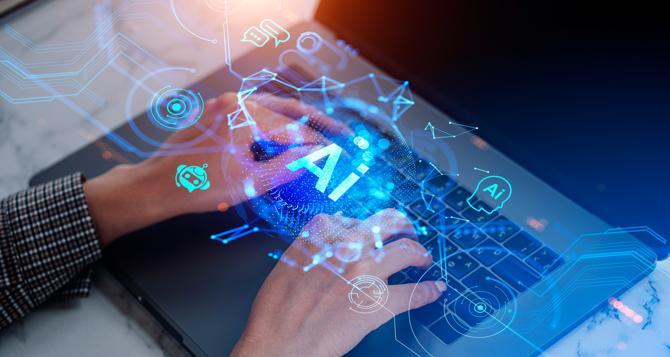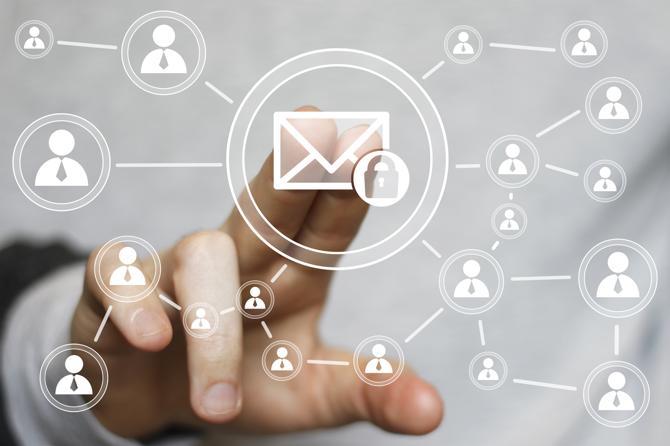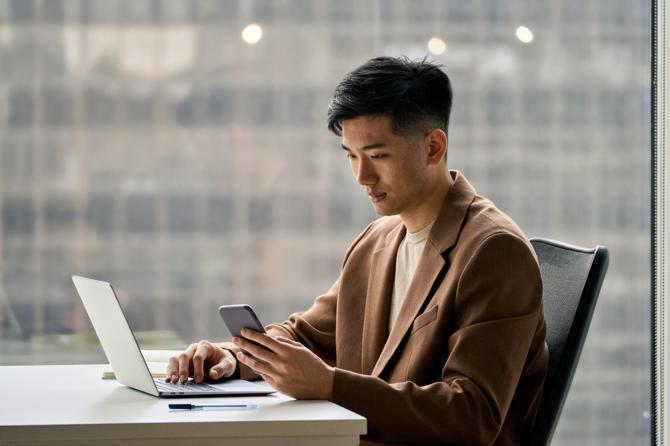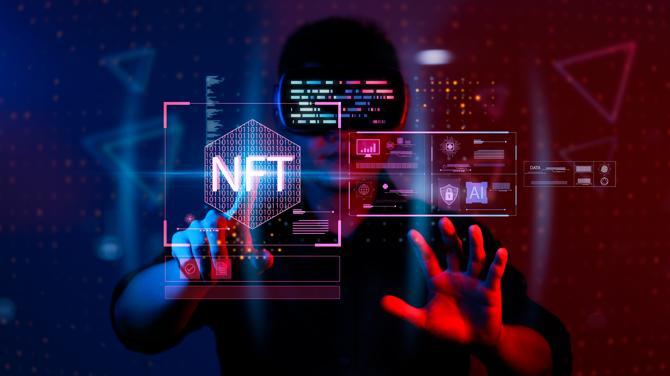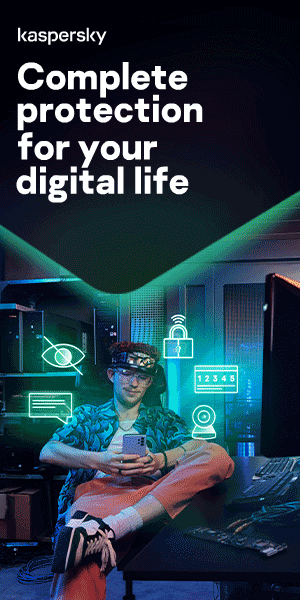What is a VPN and why is it important on an iPhone?
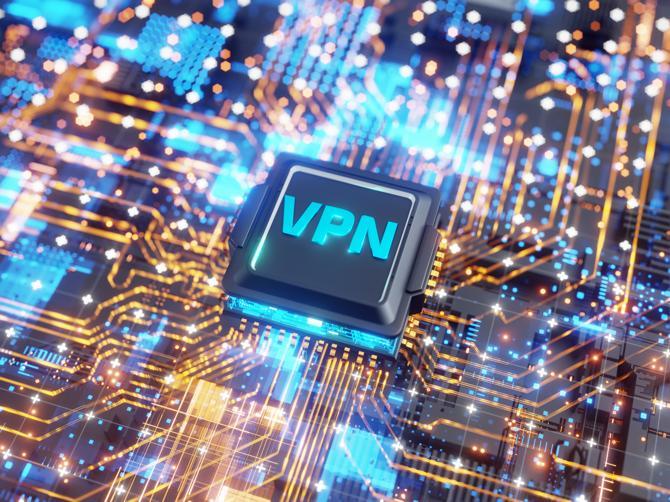
Most people believe that iPhones are quite secure. It’s certainly true that the overwhelming volume of mobile malware targets people using Android handsets. However, that doesn’t mean that iPhones aren’t susceptible to phishing, which relies on tricking individuals into disclosing information or taking action (such as clicking on a link) that could jeopardise their security or compromise their privacy. This is especially true when they are connected to unsecured or public Wi-Fi networks, such as those found at most cafés, restaurants, and shops. To avoid this, many iPhone owners are turning to VPN services as an easy way to gain extra security for their devices.
What is a VPN?
VPN is an abbreviation of Virtual Private Network, a Software as a Service (SaaS) product that encrypts your online activity, adding a layer of protection for anything being transmitted. VPNs offer security for internet users by encrypting data, thereby keeping it away from prying eyes on the same network; and also mask their location, which can be useful in other ways. It is important to note that this does not materially change the way people use the internet. It simply enhances their ability to enjoy safer online experiences.
How does a VPN work on an iPhone?
A VPN establishes a direct connection and encrypts all its online traffic, thereby protecting the user’s activity and details.
Essentially, the VPN service sends all the iPhone’s digital traffic through remote servers, which are typically located in different parts of the world. The service also hides the device’s real Internet Protocol (IP) address, replacing it with that of the service’s servers. This means the connection is secure, the device’s actual location is hidden, and hackers—or, indeed, internet service providers—cannot monitor activity over the connection or access any data.
Do I need a VPN on my iPhone?
In a word – yes. It is very common now for people to use their phones for all sorts of digital activities, from making bank transfers and purchasing items online to sending emails and surfing the web. However, all of these actions require someone to input personal details that cybercriminals or businesses try to harvest. Here are some examples of why you do, in fact, need a VPN on your iPhone:
- Internet Service Providers (ISPs) can view the iPhone’s online activity and sell the data to third parties for targeted advertising.
- ISPs can also use IP addresses to monitor internet use and throttle (slow down) connections if too much bandwidth is being used, such as with too much gaming.
- Websites can use IP addresses to track the location of visitors, and search history, to gauge interest and create targeted advertisements and suggestions.
- Some services are restricted to people in specific regions, for example, TV content, or videos from YouTube. If you are travelling, but still want to keep up with your favorite show, a VPN will allow you to do this.
As such, what a VPN does on an iPhone is help protect the user’s online privacy and the security of the data they send. The service can secure sensitive data and personal information, such as bank details and credit card information.
Ensuring the security of an iPhone by using a VPN service is important for any user. However, it is especially essential for those who use iPhones for business. This is because company phones often used to send and receive a lot of sensitive business information, such as confidential documents and financial records. If these phones are hacked, all of this information can be leaked, causing problems or embarrassment for the business.
What are the benefits of having a VPN on my iPhone?
As well as offering some security and privacy, a VPN has many benefits for those using an iPhone. Smartphone users are becoming increasingly aware of what using a VPN on an iPhone does and, as such, are increasingly choosing to use the service. Here are just some of the reasons:
- Avoiding geo-restrictions: Not all online content is available everywhere. For example, some countries restrict the use of search engines like Google while certain streaming services, like Netflix and Amazon Prime, offer country-specific catalogs. Connecting an iPhone to a VPN circumvents these types of geo-restrictions so that users can access the digital content they want.
- Getting location-specific search results: The geographical location of a device can skew the results of search engines. As such, using a VPN ensures that the search results are relevant to the location the user wants. For example, using a VPN configured to use a Bangkok-based VPN can help narrow the search for a specific store in Thailand, even when the user is physically in the USA.
- Avoiding targeting: IP addresses are often used to create targeted advertising and personalized suggestions for each website visitor. VPNs can change the user’s IP address, thus minimizing the ability of ISPs and third parties to make these bespoke adjustments.
- Minimizing throttling: VPNs can help iPhone users avoid bandwidth throttling from ISPs, especially if the smartphone is being used a lot for streaming and gaming, for example.
What are the potential drawbacks of using a VPN on my iPhone
Although there are many reasons why users should add a VPN to their iPhones, there are, of course, some disadvantages. Although this does not mean users should begin removing VPN services from iPhones, it is important to take these into account:
- Slower connection speeds: Because VPNs encrypt data and must re-route all traffic through remote servers, many users find their internet connections become slower. However, users of premium VPN services usually do not encounter this issue.
- Insecure connections: Because free VPNs do not charge any fees, they are forced to monetize their service in different ways. This is often done by tracking user data and then selling it to third parties, which is what many users are trying to avoid in the first place. Because of this, paid services offer greater protection.
- Subscription costs: The best VPN services available often charge basic fees, which some users may balk at. However, these subscription costs are usually quite low—Kaspersky, for example, is just US$4.99/month—which is negligible when weighed up against the security and privacy benefits.
- VPN bans: Before setting up a VPN on their iPhones, users should note that the service is banned or restricted in certain countries. For example, VPNs are illegal in North Korea and Belarus, while Russia and India only allow VPN providers that agree to log and share user data.
When should I use a VPN on my iPhone?
By now, most users will be aware of what a VPN does on an iPhone and why the service is important. At this point, many wonder whether they need to use a VPN connection all the time, or only under particular circumstances. The short answer is that using this service consistently affords the highest level of security, and so users should use it at all times. However, VPN connections are most critical when accessing bank information and making transactions, providing credit card information, downloading files, and sharing sensitive information through email and chat services.
Users who worry that running a VPN on their iPhone at all times will drain the battery can rest assured this is not usually the case. Because VPNs are meant to work in the background, once the service is set up and turned on, it usually has a minimal impact on a phone’s battery. However, if this is a major concern, switching the VPN connection on when the phone is most vulnerable, such as when using public Wi-Fi connections, is recommended.
Does my iPhone’s iOS encryption offer enough security?
It is a common misconception that Apple’s iOS makes iPhones, MacBooks, and iPads impervious to hackers and other security threats. The security that iOS offers is limited to protecting passwords stored on the device and encrypting the device’s data when the device is locked. As such, iOS encryption does not extend to web traffic, leaving data sent or received on iPhones vulnerable if they do not use a VPN.
Choosing a VPN for an iPhone
It is tempting to think that all VPNs are created equal, but this is simply not the case. Services differ in their quality and functionality, and of course, how they handle user data. As such, it is important to do some research when choosing a VPN provider. Here are a few important points to consider:
- Connection security: Look at what encryption method the VPN provider uses—256-bit encryption is the minimum for a secure VPN.
- Activity logging: Read the provider’s terms and conditions or privacy policies to ensure that it does not track or log user activity.
- Monetization: Find out how the VPN provider makes money—if it does not charge a subscription fee, it might be selling user information to third parties for advertising.
- Connection speed: Ensure that the VPN will not slow your internet connection—check reviews or test it during the trial period that most providers offer.
- Usage caps: Some providers implement daily or monthly limits on their VPN connections, especially if they offer free and paid tiers—check to see what caps apply and whether this is acceptable.
Setting up a VPN on an iPhone
After deciding that you do need a VPN on your iPhone, setting up the service is simple. In most cases, once you have selected a provider, the process of configuring your phone with the VPN service should take just a few minutes. Here are the steps to take:
- Create an account on the provider’s website—users may need to choose a subscription tier, provide payment details, and confirm their account by email.
- Purchase and download the provider’s VPN app through the App Store.
- Follow the provider’s setup instructions, which usually only require users to log into their account.
- If not already done when creating the account, choose a subscription tier and confirm the account.
- Connect to the VPN service using the automatic quick-connect function, or by selecting a location-specific server.
- Go back to the app to turn off the connection when no longer required.
Removing a VPN from an iPhone
iPhone users who no longer need a VPN service on their devices can simply remove it. This can be done by navigating to the iPhone settings, disconnecting the VPN service, and deleting the app.
Conclusion
While most people spend some effort to keep their computers, email, and bank accounts secure, smartphones are often a second thought. But because these devices are such a crucial part of daily life, it is especially important to ensure their security—even if the device in question is an iPhone. Setting up a VPN service on an iPhone provides many benefits. Security and privacy are, of course, two of the most important. But, users can also elude geo-restrictions, access more content and digital services, and minimize the chances of targeted advertising. As such, it becomes imperative to add a VPN configuration on iPhones.
Frequently Asked Questions
What is VPN for iPhone?
A VPN—or Virtual Private Network—is a service that encrypts a user’s data and activities and masks their IP address while online. When an iPhone’s settings are configured with an active VPN, the service will route activities through a remote server using an alternative IP address and masking all personal details and traffic.
Do I need a VPN on my iPhone?
In a word, yes. Having a VPN an iPhone ensures its security and privacy. Not only does this help protect sensitive data such as personal details, bank accounts, and credit card information, but it minimizes the ability of Internet Service Providers (ISPs) and third parties to track activity and create targeted advertising.
What does VPN do on iPhone?
The main function of a VPN setting on an iPhone is to secure data sent to and from the device and ensure all web activity remains private. However, a VPN service can also be useful for circumventing geographical restrictions, accessing location-specific content,.
Kaspersky VPN was rated the “obvious winner” in 2022 speed performance tests carried out by the independent IT-security research institute AV-TEST, and was the only VPN service shown to have no data leaks in any test category. In all tests, Kaspersky Endpoint Security showed outstanding performance, protection, and usability for businesses.
Related Articles and Links:
VPN vs proxy server: What’s the difference, and which should you be using?
Mobile security: Android vs iOS—which one is safer?
Smartphone VPNs: What you need to know
Related Products and Services:
What is a VPN and why is it important on an iPhone?
Kaspersky
We use cookies to make your experience of our websites better. By using and further navigating this website you accept this. Detailed information about the use of cookies on this website is available by clicking on more information.
